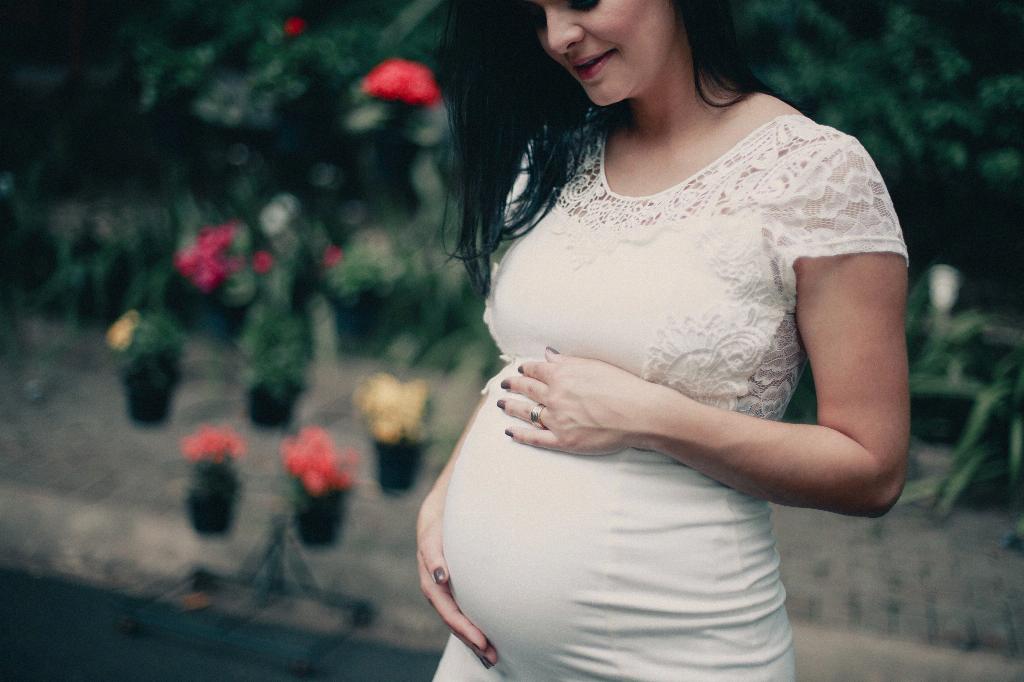When it comes to the question of how many calories per day a pregnant woman should eat, it is important to consider various factors that come into play during pregnancy. The caloric needs of an expectant mother can differ based on her pre-pregnancy weight, activity level, and the stage of pregnancy she is in. It is crucial to ensure that the mother and baby are getting the necessary nutrients to support a healthy pregnancy.
First Trimester
During the first trimester of pregnancy, the caloric requirement for most normal-weight pregnant women is around 1,800 calories per day. This stage is crucial for the development of the baby, and it is important for the mother to consume a balanced diet that provides essential nutrients without excessive caloric intake.
Second Trimester
As the pregnancy progresses into the second trimester, the caloric needs increase to around 2,200 calories per day for most normal-weight pregnant women. This phase is marked by rapid growth and development of the baby, and the mother needs to ensure that she is consuming enough calories to support this growth while maintaining her health.
Third Trimester
During the third trimester, the caloric requirement further rises to about 2,400 calories per day for most normal-weight pregnant women. This final stage of pregnancy is when the baby experiences significant growth, and the mother must ensure that she is getting enough nutrients and calories to sustain this growth while also supporting her own well-being.
Individual Variations
It is important to note that these caloric recommendations are general guidelines and may vary for each individual. Factors such as pre-pregnancy weight, activity level, and overall health can influence the specific caloric needs of a pregnant woman. Consulting with a healthcare provider can help determine the appropriate caloric intake tailored to the specific needs of the mother and baby.
Importance of Nutrition
During pregnancy, ensuring adequate nutrition is essential for the health and well-being of both the mother and baby. In addition to calories, it is important to focus on consuming a variety of nutrient-rich foods that provide essential vitamins, minerals, and macronutrients to support a healthy pregnancy.
Key Nutrients
Some key nutrients that pregnant women should focus on include folic acid, iron, calcium, vitamin D, and omega-3 fatty acids. These nutrients play crucial roles in the development of the baby and can help prevent potential complications during pregnancy.
Healthy Eating Habits
Adopting healthy eating habits during pregnancy is important to ensure proper nutrition and weight management. Eating a balanced diet that includes a variety of fruits, vegetables, whole grains, lean proteins, and healthy fats can help support overall health and well-being during pregnancy.
Monitoring Weight Gain
Monitoring weight gain during pregnancy is also important to ensure that the mother is gaining a healthy amount of weight to support the growth and development of the baby. Healthcare providers can provide guidance on appropriate weight gain based on the mother’s pre-pregnancy weight and overall health.
Conclusion
In conclusion, the caloric needs of a pregnant woman vary throughout the different stages of pregnancy. By understanding the general guidelines for caloric intake and focusing on proper nutrition, expectant mothers can support a healthy pregnancy and ensure the well-being of both themselves and their babies. Consulting with healthcare providers and adopting healthy eating habits are crucial steps in achieving a successful and healthy pregnancy journey.

